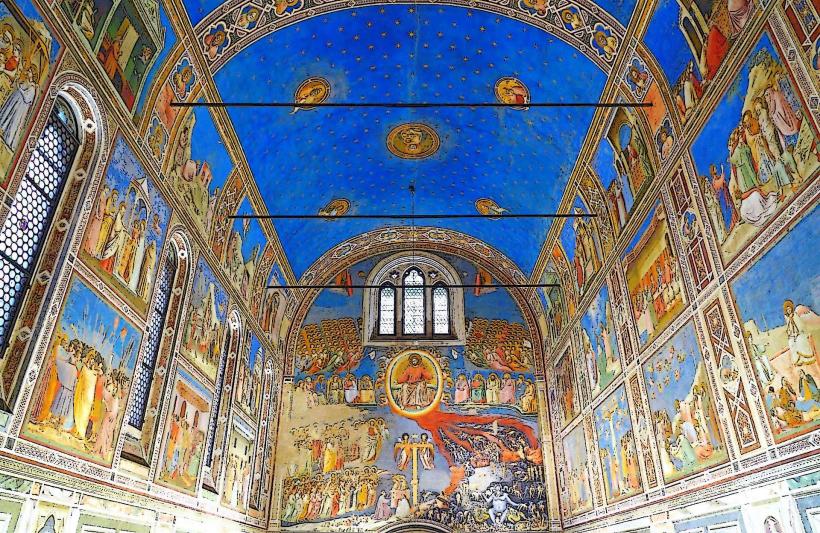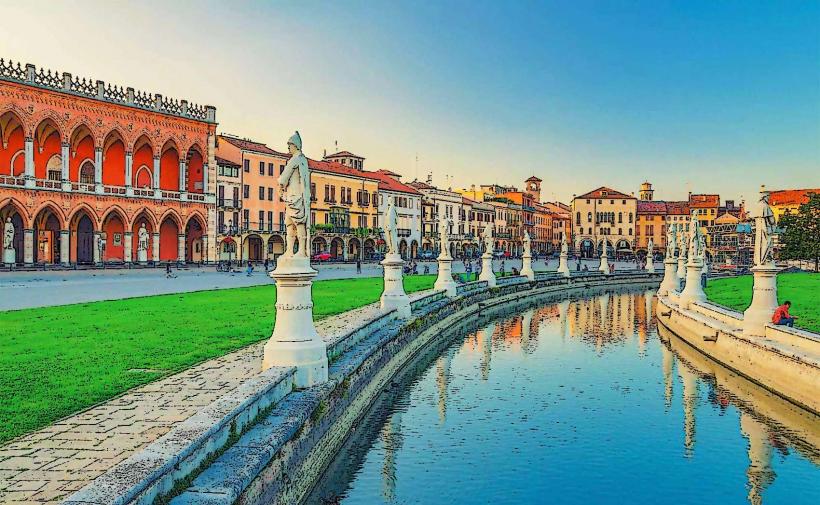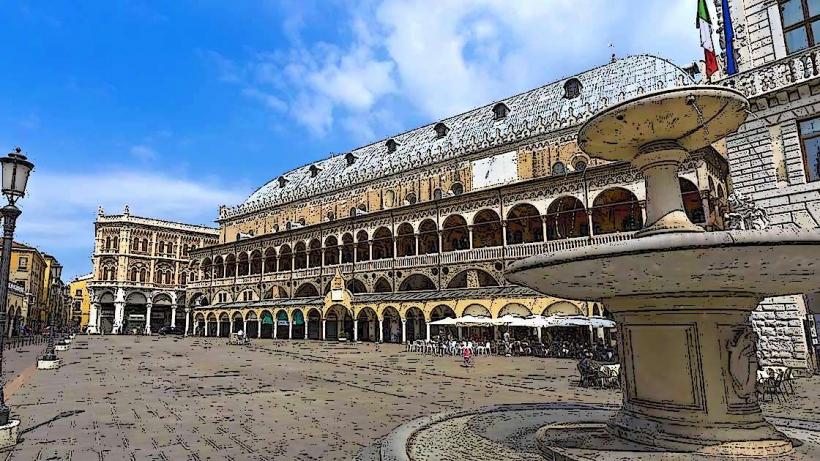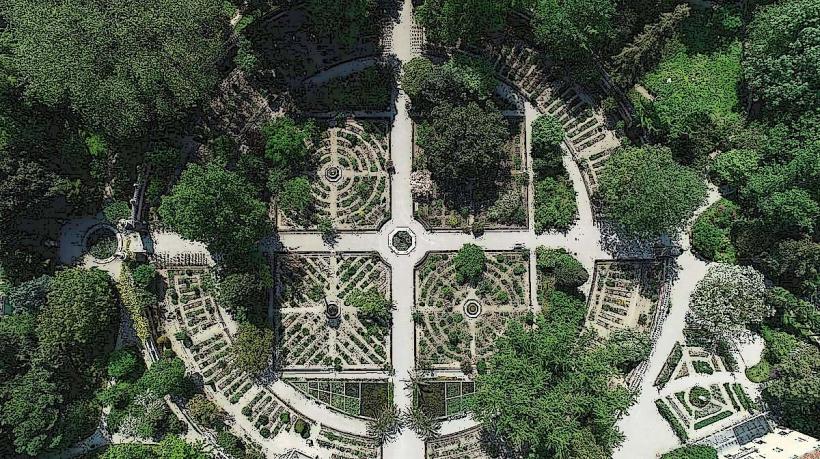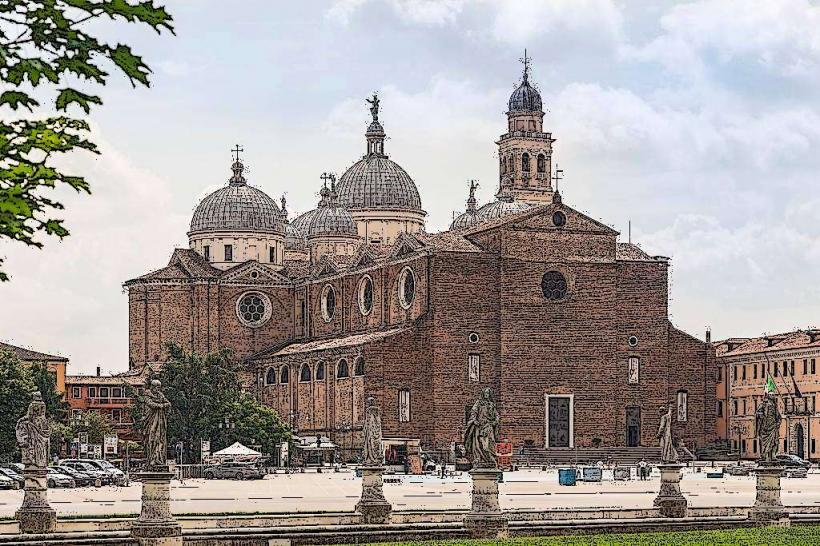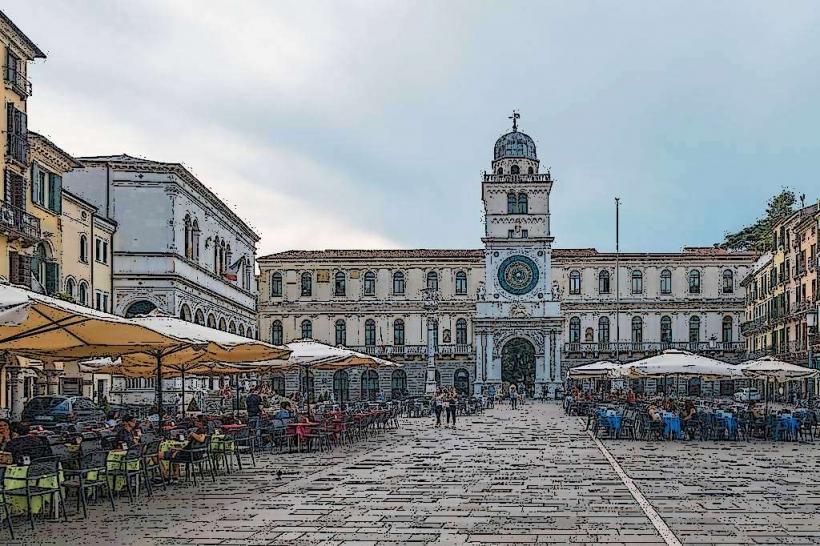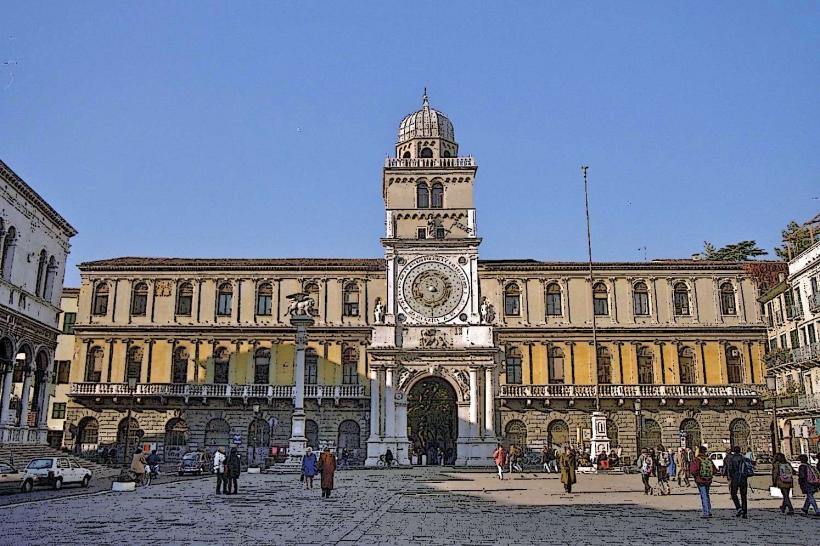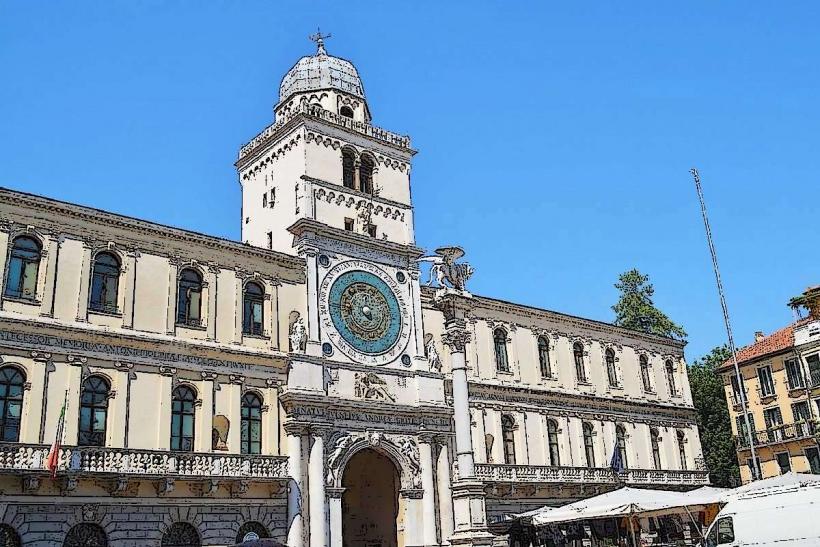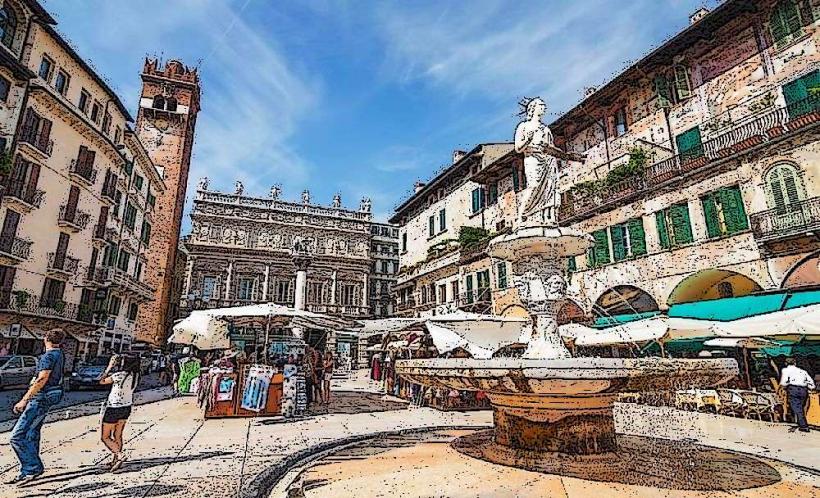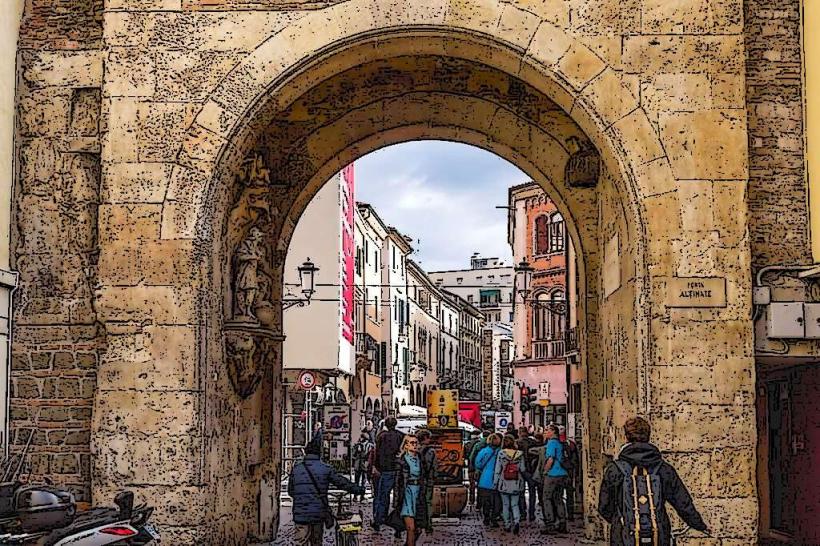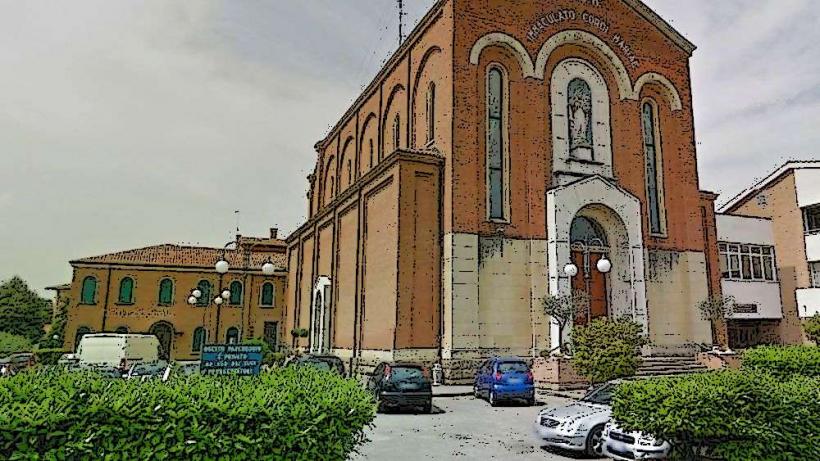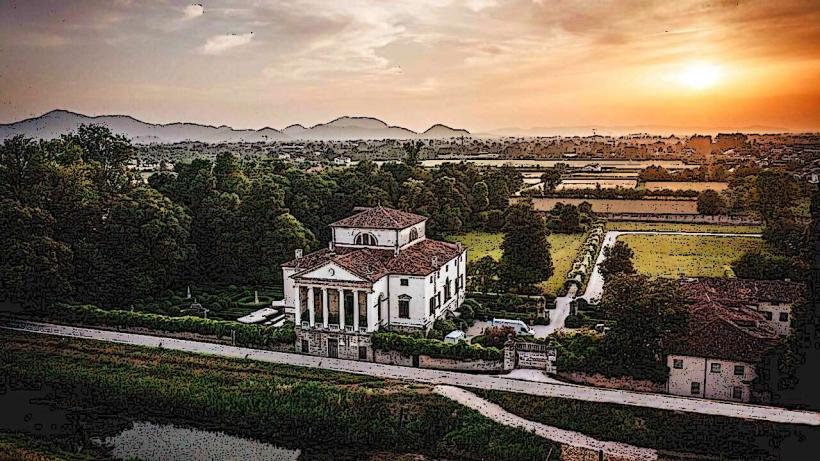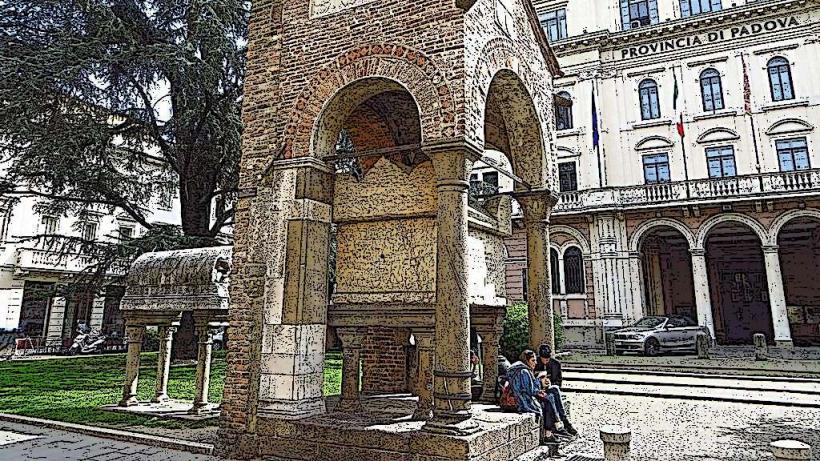Information
Landmark: Basilica di Sant AntonioCity: Padua
Country: Italy
Continent: Europe
Basilica di Sant Antonio, Padua, Italy, Europe
The Basilica di Sant'Antonio, known locally simply as Il Santo, is one of the most important Catholic pilgrimage sites in the world. It is a massive, multi-stylistic edifice housing the relics of Saint Anthony of Padua.
Visual Characteristics
The architecture is a unique Byzantine-Gothic-Romanesque hybrid. Its exterior is dominated by eight Byzantine domes (reminiscent of St. Mark’s in Venice), two slender minaret-like bell towers, and a Romanesque facade. The interior is a vast Latin cross plan filled with dark marble, intricate gold leaf, and high-Gothic vaulting.
Location & Access Logistics
Address: Piazza del Santo, 11, 35123 Padova.
Access: Located in the historic southern center. Accessible via the Blue Tram (SIR1) from the Padua train station (stop: Santo or Prato della Valle).
Entry: Admission to the Basilica is free. There is a fee for the museum (Museo Antoniano) and the Oratorio di San Giorgio.
Rules: Strict dress code required (shoulders and knees covered). Photography is prohibited in the Chapel of the Relics and near the Saint's Tomb.
Historical & Engineering Origin
Construction began in 1232, one year after the death of St. Anthony, and was completed around 1310. The engineering is notable for the massive brickwork required to support the lead-covered domes. Unlike many cathedrals, the Basilica is a Pontifical Basilica, meaning it is governed directly by the Holy See (Vatican) rather than the local Diocese.
Key Highlights
The High Altar: Features a magnificent set of bronze sculptures and reliefs by Donatello (1444–1450), including the Crucifixion.
The Chapel of the Relics: A Baroque space housing the Saint's tongue, vocal cords, and jawbone, which remain incorrupt.
The Tomb of St. Anthony: A massive marble altar where pilgrims place their hands on the stone to pray; it is surrounded by 16th-century high-relief sculptures.
The Equestrian Statue of Gattamelata: Located in the piazza outside, this is another Donatello masterpiece and was the first full-size bronze equestrian statue cast since antiquity.
Infrastructure & Amenities
5G coverage is excellent in the piazza. The complex includes four distinct cloisters (Magnolia, Novices, General, and Chapter), a souvenir shop, and a pilgrim information office. The surrounding area is densely packed with religious bookstores and traditional Paduan restaurants.
Best Time to Visit
Weekdays: To avoid the massive crowds of weekend pilgrims.
June 13th: The Feast of St. Anthony, involving massive processions and city-wide celebrations.
Facts & Legends
Despite being the burial place of the Saint, the Basilica is not the Cathedral of Padua (which is the Duomo di Padova). A popular legend claims that the Saint's tongue remained fresh and red while the rest of his body turned to dust, signifying his "divine gift of preaching."
Nearby Landmarks
Prato della Valle: 0.4 km South (One of the largest squares in Europe).
Orto Botanico di Padova: 0.3 km South (The world's oldest academic botanical garden).
Scrovegni Chapel: 1.2 km North (Home to Giotto’s frescoes).

